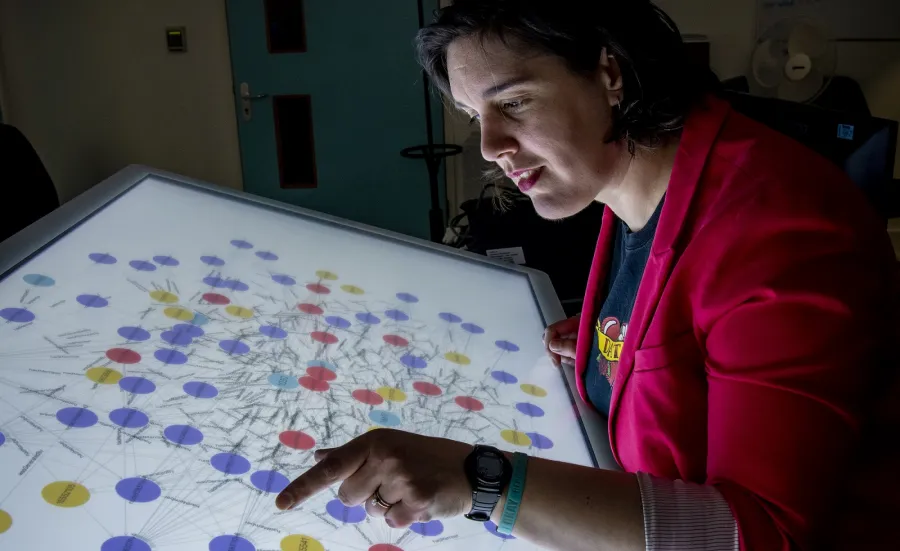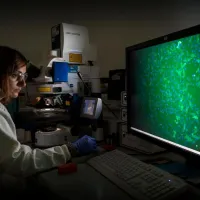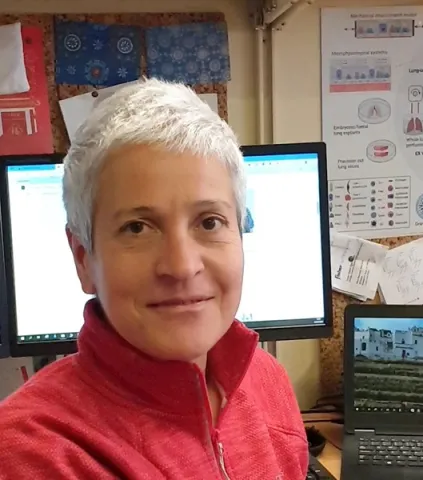Digital Health

Our researchers are examining and developing information and communication technologies to help address the health problems and challenges faced by patients.

Our researchers are examining and developing information and communication technologies to help address the health problems and challenges faced by patients.

With a rising population across the globe, many societies are struggling to meet healthcare demand. Digital health care interventions are key to tackling this issue and help to enhance the efficiency, delivery and security of services to patients, and supporting care in the community.
But with so many new digital technologies available and the immediate access to massive data sets how can we harness this information to ensure it makes a real difference to society? And how do we overcome the challenges of privacy and personal data protection?
Southampton scientists across medicine and electronics and computer science are combining machine learning, genome sequencing and other computational methods to develop new digital health interventions to help healthcare professionals and patients to manage illness and promote health and wellbeing. This includes both hardware and software solutions including using Internet of Things smart devices, wearable devices and monitoring sensors.
Our teams are also using digital health technologies to analyse already available data sets to establish trends of behaviour and decision patterns with the aim of predicting future healthcare needs as well as examining the role data protection plays in this ever-expanding research field.

True interdisciplinary research, in which collaborators share the challenges and strengths of different domains is more than just applying one domain’s techniques to another area’s problems. Interdisciplinary research opens up new and exciting research opportunities in both domains by changing the shape of the problem and highlighting why existing approaches are not fit for use.











